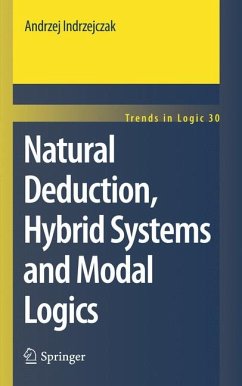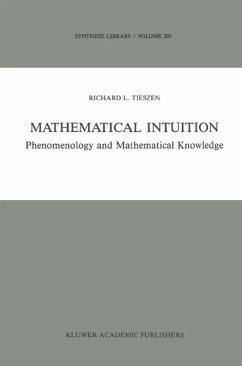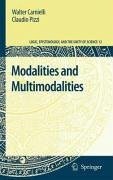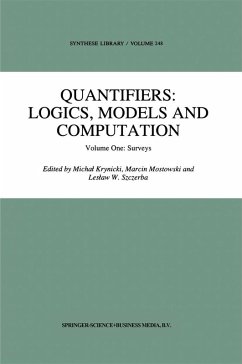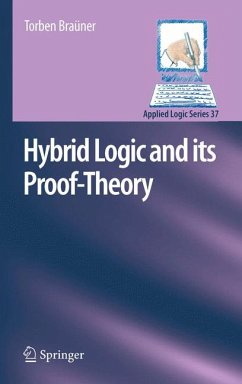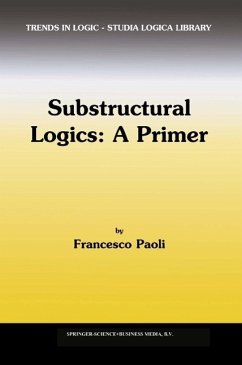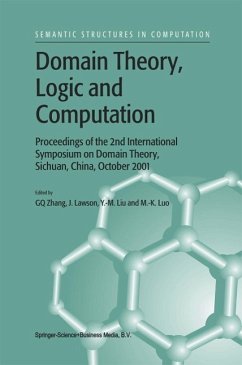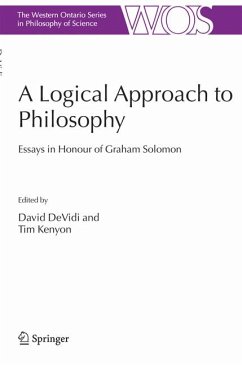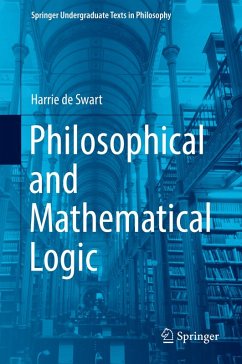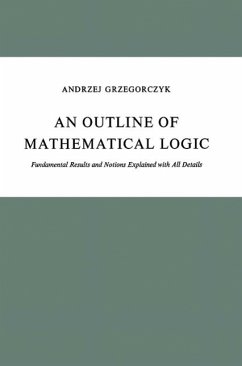
Truth, Proof and Infinity (eBook, PDF)
A Theory of Constructive Reasoning
Versandkostenfrei!
Sofort per Download lieferbar
136,95 €
inkl. MwSt.
Weitere Ausgaben:

PAYBACK Punkte
68 °P sammeln!
Constructive mathematics is based on the thesis that the meaning of a mathematical formula is given, not by its truth-conditions, but in terms of what constructions count as a proof of it. However, the meaning of the terms `construction' and `proof' has never been adequately explained (although Kriesel, Goodman and Martin-Löf have attempted axiomatisations). This monograph develops precise (though not wholly formal) definitions of construction and proof, and describes the algorithmic substructure underlying intuitionistic logic. Interpretations of Heyting arithmetic and constructive analysis ...
Constructive mathematics is based on the thesis that the meaning of a mathematical formula is given, not by its truth-conditions, but in terms of what constructions count as a proof of it. However, the meaning of the terms `construction' and `proof' has never been adequately explained (although Kriesel, Goodman and Martin-Löf have attempted axiomatisations). This monograph develops precise (though not wholly formal) definitions of construction and proof, and describes the algorithmic substructure underlying intuitionistic logic. Interpretations of Heyting arithmetic and constructive analysis are given. The philosophical basis of constructivism is explored thoroughly in Part I. The author seeks to answer objections from platonists and to reconcile his position with the central insights of Hilbert's formalism and logic. Audience: Philosophers of mathematics and logicians, both academic and graduate students, particularly those interested in Brouwer and Hilbert; theoretical computer scientists interested in the foundations of functional programming languages and program correctness calculi.
Dieser Download kann aus rechtlichen Gründen nur mit Rechnungsadresse in A, B, BG, CY, CZ, D, DK, EW, E, FIN, F, GR, HR, H, IRL, I, LT, L, LR, M, NL, PL, P, R, S, SLO, SK ausgeliefert werden.



